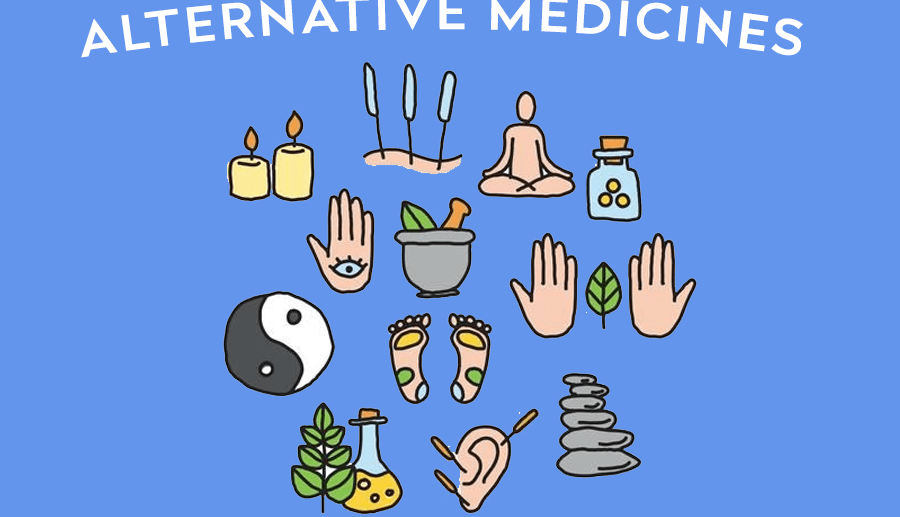The Social Path to a Healthier Gut

Friendships can do more than protect your mental health. They may also help you to maintain a healthy gut.
A growing body of research suggests that your social life is linked to many indicators of physical health, including your gut microbiome. For example, a study of chimpanzees in Tanzania found that they had 20 to 25% more bacterial species present during the wet season when they’re less isolated.
While studies to date have involved monkeys and chimpanzees, scientists believe the findings could apply to other primates, including humans. That’s important because gut bacteria play an essential role in digestion, immunity, and other functions.
Take care of your friendships and your stomach. Learn more about the social path to a healthier gut.
Tips for Being More Social
The 2021 State of American Friendship Survey found that Americans have fewer close friendships than in the past, talk to their friends less, and experience less support.
Turn things around with these helpful strategies:
- Take risks. You might feel awkward about reaching out to new acquaintances and deepening your current relationships. However, the rewards are worth it. Focus on what you have to gain.
- Keep in touch. Staying connected requires time and effort. Make your relationships a priority. Set aside time in your schedule for friends and family. Gather together for shared meals. Plan outings and potluck parties.
- Make small talk. Brush up on your conversation skills. Chat with friendly strangers at coffee shops and airports.
- Share your feelings. Build trust by allowing yourself to be vulnerable. Talk openly about your thoughts and emotions. Listen attentively when your friends need support.
- Follow your interests. Are you having trouble making friends outside of work? Try reaching out to others who enjoy the same things you do. Sign up for cooking classes or dance lessons. Join a choir or a book club.
- Pace yourself. According to some research, it takes about 50 hours to form a casual friendship and more than 200 hours to grow closer. Take your time and let things progress naturally.
Other Tips for Maintaining a Healthy Gut
The rest of your lifestyle matters too!
Try these additional steps for maintaining a balanced gut microbiome:
- Work out. Regular exercise increases beneficial gut microbes and decreases the harmful ones. Find a variety of activities you’ll enjoy and want to stick with. Make your workouts social by getting a fitness buddy and taking group classes.
- Increase your fiber. Protect your stomach lining and nourish your gut bacteria with a high-fiber diet. Smart choices include vegetables, whole wheat pasta and cereals, legumes, and nuts.
- Consume both probiotics and prebiotics. Are you confused about probiotics and prebiotics? Probiotics are live bacteria, while prebiotics are the fiber they feed on. You can find them both in supplements and certain foods.
- Enjoy fermented foods. While fiber-rich foods give you prebiotics, fermented foods are a top source for probiotics. That includes yogurt and tempeh, as well as kefir and kombucha.
- Limit ultra-processed foods. On the other hand, highly processed foods destroy healthy gut bacteria. Cut down on cookies, cakes, and chips, along with red meat and alcohol.
- Eat tomatoes. Daily tomato consumption has been linked to a positive shift in gut bacteria, in a new study by Ohio State University. That’s promising news because tomatoes are so popular that they represent 22% of the vegetables we eat.
- Manage stress. Chronic tension causes increased stress hormones and inflammation that can disrupt your gut. Relax with exercise and calming activities.
Friendships and a balanced gut help you to enjoy life more. Increase your health and happiness by staying connected, eating a nutritious diet, and exercising regularly.









